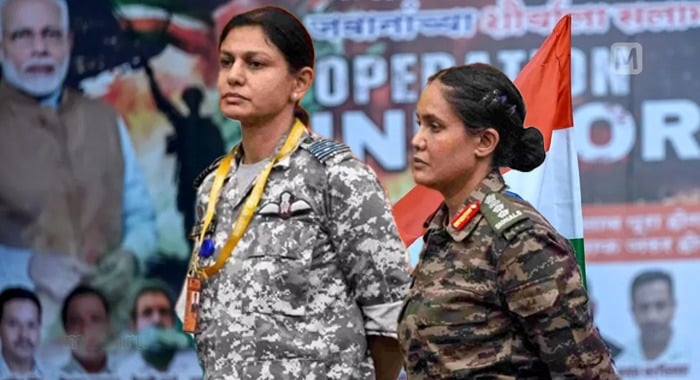In a stunning turn of events, India has been compelled to acknowledge the heavy losses it suffered during Operation Sindoor, as mounting internal pressure and a string of intelligence leaks have left the Modi government with little choice. While officials continue to downplay the operation’s scale and outcome, the decision to posthumously award over 100 military personnel has inadvertently confirmed the very losses India spent weeks trying to hide.
According to security sources, the honoured include four fighter pilots, among them three Rafale jet pilots, and five operators of the Russian-made S-400 missile defence system, who were killed at Adampur Airbase. Additionally, nine soldiers from Udhampur, five from the 10 Infantry Brigade at G-Top, and seven air force personnel from an undisclosed unit are also on the list. Other honourees include troops killed in Rajouri, Uri, Nowshera, and HQ 93 Infantry Brigade, areas that saw direct action during the operation.
While awarding fallen soldiers is standard practice around the world, what’s raising eyebrows is India’s deliberate silence on these casualties until now. For weeks, the Indian government refrained from acknowledging the scale of the damage during Operation Sindoor, reportedly to avoid public outrage and international scrutiny. Yet behind closed doors, intelligence reports paint a starkly different picture: over 250 soldiers killed along the LoC, devastating blows to Indian airbases, and losses of strategic assets like the Rafale jets and S-400 systems.
Adding to the controversy, families of the deceased are reportedly being pressured not to post photos or tributes on social media. The silence has only deepened suspicions that India has been trying to suppress the truth, not just from its public but also from the world.
This isn’t the first time India has used military honours to mask a larger defeat. Defence analysts recall how Wing Commander Abhinandan received the Vir Chakra in 2019 after the Balakot incident, despite questions surrounding the official narrative. Similarly, this latest round of awards is being viewed by many as an attempt to quiet discontent within the ranks and show symbolic recognition without admitting operational failure.
What’s more, international outlets have begun to highlight inconsistencies in India’s claims. Reports confirm that Pakistan’s precision strikes on installations like Pathankot and Udhampur forced India to agree to a ceasefire, contrary to New Delhi’s portrayal of strategic restraint. Even Indian generals and diplomats, under pressure, have been forced to privately acknowledge losses once denied outright.
Now, as India tries to strike a balance between national pride and military reality, the cracks in its narrative are growing wider. Security experts argue that a professional military honours its dead transparently and with dignity, not by hiding their sacrifices or manipulating facts for political convenience.
With the decision to award these soldiers, India has finally, though indirectly, admitted to what it had been denying all along: that Operation Sindoor was not a success, and that the cost of the conflict was far higher than the nation was told.





